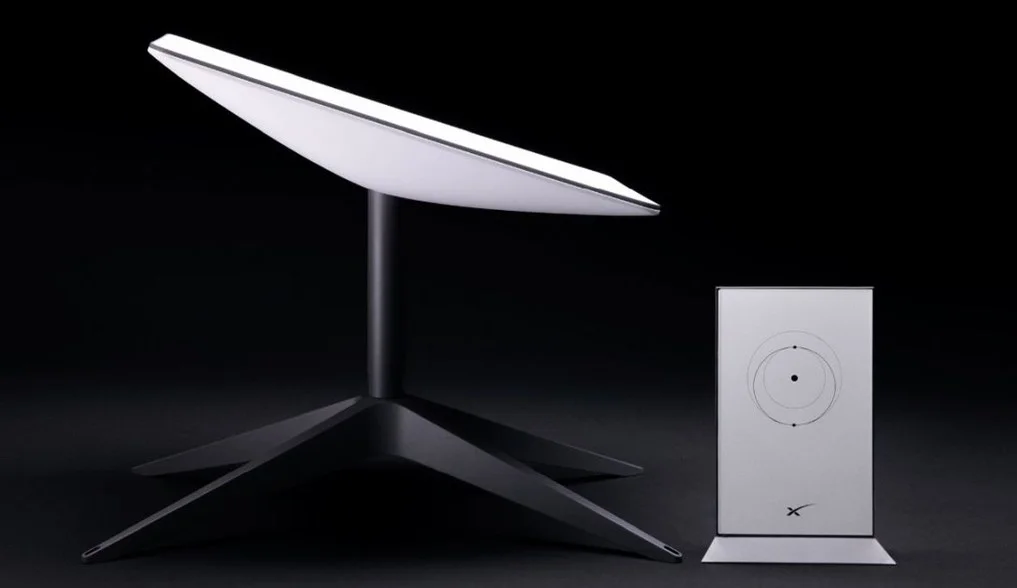Starlink Internet in Nigeria: Price, Availability, and Coverage

Elon Musk, the head of SpaceX, confirmed on social media that Starlink’s satellite-based internet service is now live in Nigeria—even in places where traditional service providers fall short. The system uses a network of low-earth orbit satellites to deliver broadband access almost anywhere on the planet.
At present, Starlink operates in more than thirty countries. Over two thousand satellites have been launched, with about fifteen hundred actively transmitting data. These satellites bypass the need for ground-based infrastructure, which often limits internet coverage in rural and hard-to-reach regions.
In Nigeria, about half of the population—roughly 105 million people—lack regular internet access. Many rely on data services from providers such as MTN, Airtel, Spectranet, and 9mobile, but these connections are often slow and unreliable.
Starlink promises average speeds around 100 Mbps, compared to the country’s typical mobile speed of about 17 Mbps. By relying on satellites rather than cell towers, the service could reduce network outages and extend connectivity to isolated areas.
Faster Internet
Reliable high-speed internet can transform Nigeria’s economy and public services. It improves communication between banks and data centers, reducing the time needed to process transactions and serve customers.
In education, fast internet supports remote learning. Students in small towns can attend virtual classes and access global learning resources without the frustration of weak signals.
In healthcare, doctors can hold telemedicine consultations with patients in rural areas. This helps bridge the gap where medical professionals are scarce.
Remote workers, who often lose time to unstable networks, can expect smoother video calls and faster uploads. Greater productivity means better outcomes for individuals and businesses alike.
In short, dependable internet access is more than convenience—it’s a tool for national progress.
Starlink Price in Nigeria
To join the Starlink network, customers pay an initial equipment cost of about $599 (around ₦596,000). This includes the router, satellite dish, and mounting hardware. Shipping costs around $60 (₦59,700).
The monthly subscription fee is $99 (₦98,500). There’s also a premium option at roughly $2,500 (₦2.48 million) for hardware, plus $500 (₦497,500) monthly. That plan is aimed at users who need business-grade performance.
How to Order Starlink in Nigeria
- Download and sign up on the Obiex app.
Create an account and verify your details. - Add funds.
Use bank transfer or mobile payment to top up your account. - Create a virtual dollar card.
The card costs $2 to generate and can be used for international purchases. - Visit the Starlink website and pre-order.
Use the Obiex dollar card to pay the $99 deposit. - Wait for confirmation and delivery.
Once your kit arrives, set it up and connect.
Starlink MiFi
A Starlink 5G router (MiFi) costs around ₦50,000. The total setup cost is about $600 (₦597,000), including delivery and one month of free access. This gives users a reliable, high-speed connection suitable for streaming, gaming, and remote work.
Common Misunderstandings About Starlink
Starlink does not use SIM cards. It connects through a satellite dish that communicates directly with satellites in orbit. The service is fixed to one location, so it’s not meant for mobile use. Activation happens through the Starlink app and online account, not through a SIM-based network.
Is Starlink Worth It?
For households or businesses that struggle with weak or inconsistent service, Starlink offers a major upgrade. While the upfront cost is high, the speed, reliability, and unlimited data may justify the investment. For those who depend heavily on the internet for work, study, or communication, it could change daily life in a very real way.
Article updated 4 months ago ago. Content is written and modified by multiple authors.









